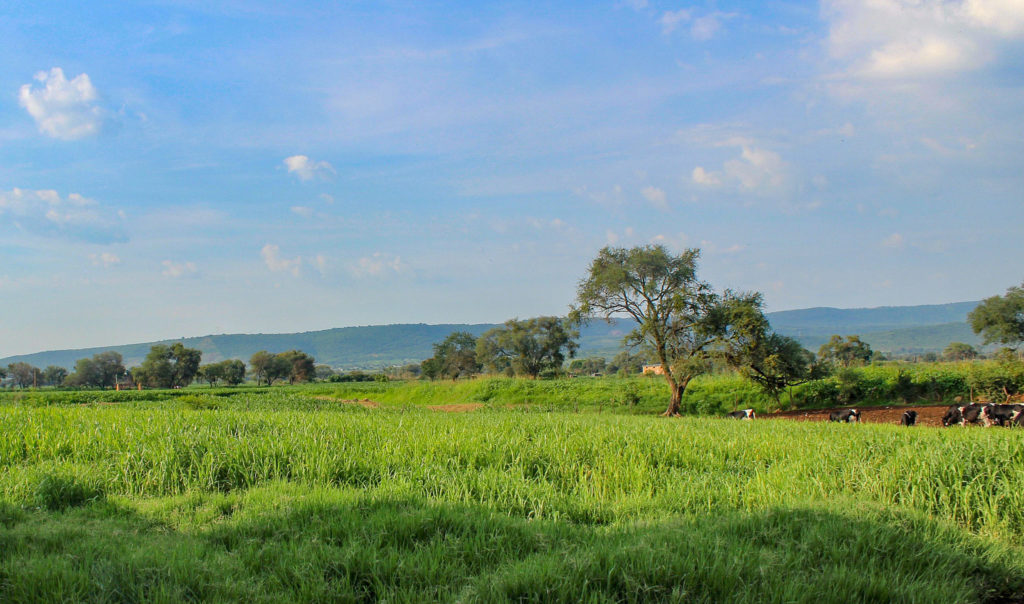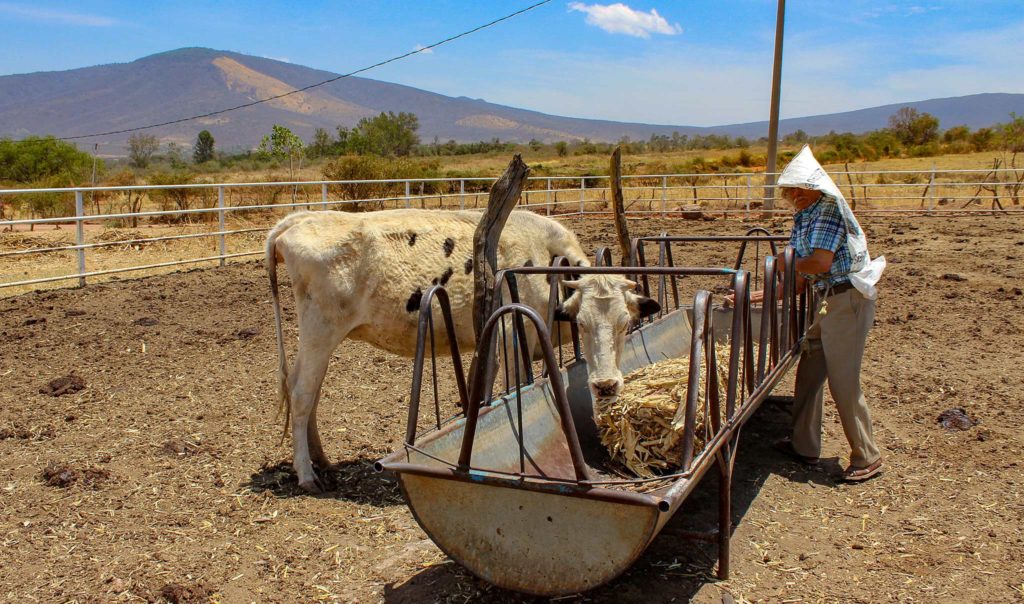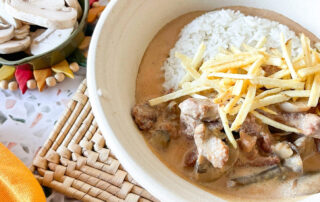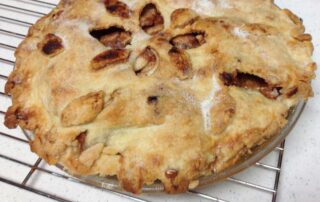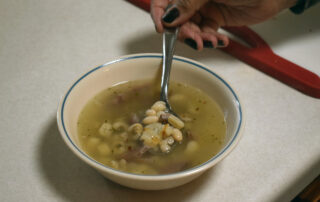Kennia Coronado:
My mother would take me to the farms and we would buy milk because we would produce this artisan cheese and we would make it for ourselves and for our own use or to share with our family and friends. The Panela cheese is my favorite cheese. You could either use it as, like, an appetizer or you can use it to accompany a dish. There is what we call a Panela Botanera, which has, like, jalapeños inside and small pieces of carrot.
Wisconsin is very important to me. It’s a part of who I am. Growing up as a Mexican Wisconsinite, as a Mexican American, you’re always stuck in an in-between because you don’t know if you fully belong to like the Mexican background or to the American background or what that even means. There are many commonalities between my hometown in Mexico and my hometown here. We share the love of cheese, and hopefully someday, here in Racine, I am able to open an Ag business in which people from my hometown can produce artisan cheese and coexist and share this cheese at the cheese fairs with other Wisconsinites.
I continue to hold these transnational ties that connect me to the land here and there. So, for me, home is … both.
Kennia Coronado was born in the United States and moved to Racine with her parents when she was a toddler. Like many Wisconsinites, she grew up milking cows and helping her grandparents make cheese. However, her grandparents’ cows are in Santa Fe, Mexico. Her favorite cheese, Panela, is a fresh variety for which she has never seen a written recipe. Family recipes are passed down orally.
Coronado talks about the emotional labor she experiences as a Mexican American reconciling multiple pieces of her identity on a daily basis. Throughout this work, Panela has served as an ally. Jalisco, a state in the country of Mexico where her ancestors come from, is much like Wisconsin: defined by agriculture and dairy. “The majority of the Latinx community is from Jalisco, here in Racine. Most of our families have worked with dairy, with cows, on farms, and a lot of the skills that our communities bring from Mexico are very much like the ones that are needed here in Wisconsin,” she says.
In both states, cheese is an inseparable part of the culture. Coronado claims it also keeps her grounded. “My family is coming from very impoverished conditions and here we have all those opportunities to be able to share this culture, and to share not only the history that the food itself has, but the fact that it’s coming from very hardworking people,” she shares.
She is partial to Panela Butanera, a traditional variety which features delightfully surprising bits of pickled carrots and jalapeños. Whether you prefer it plain or spicy, Panela is not a cheese you keep for long. It’s made fresh to be shared with friends and family. Often times, families take turns making enough to go around the community. “Everyone goes to the same parish. If you’re in Racine, go to the ending of Mass and ask ‘Where can I get Panela?’ and then they’ll direct you to someone!”
Coronado sees many connections between Wisconsin’s and Jalisco’s dairy-focused economies, “If we’re able to share our experiences and our commonalities, people will realize that we’re much more similar than they think.”
This story is part of Food Traditions, a multimedia project exploring food and culture across Wisconsin.
